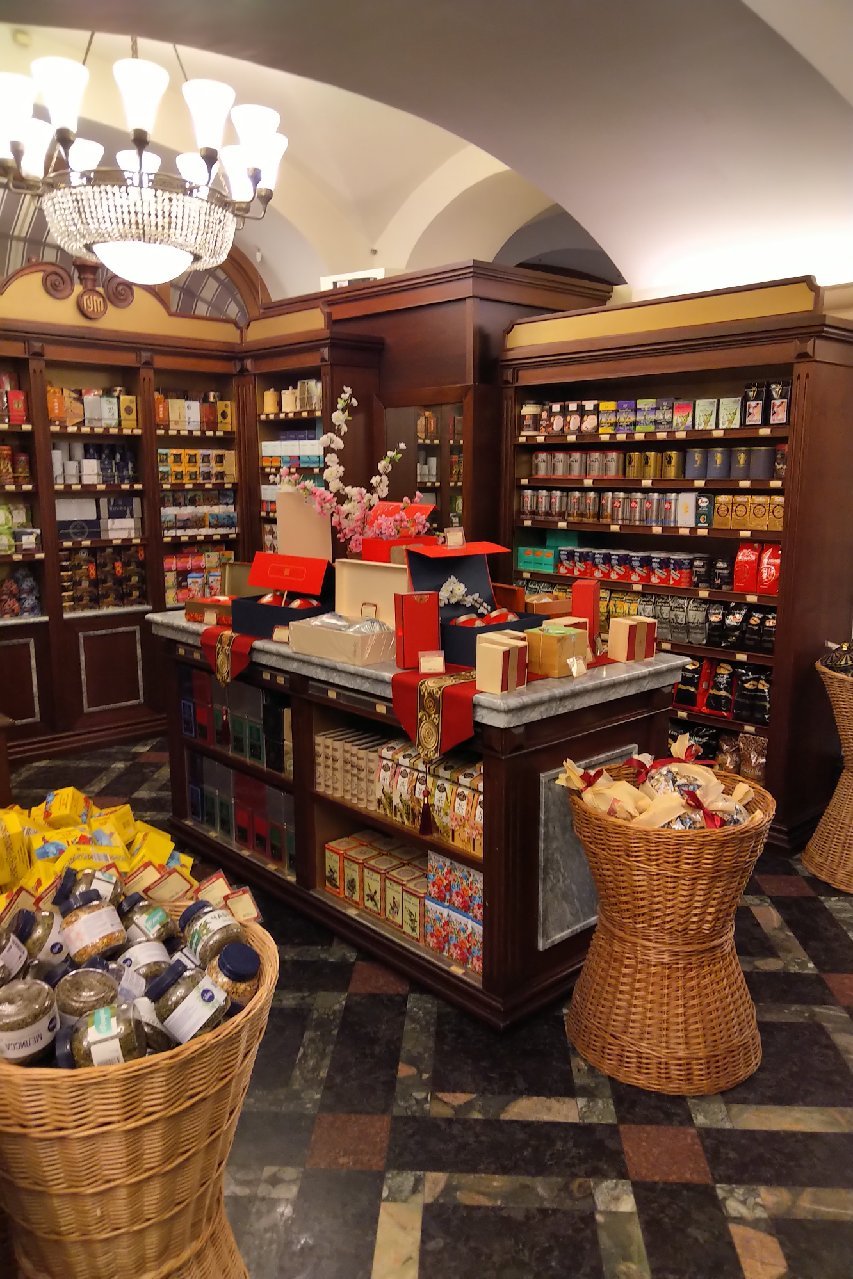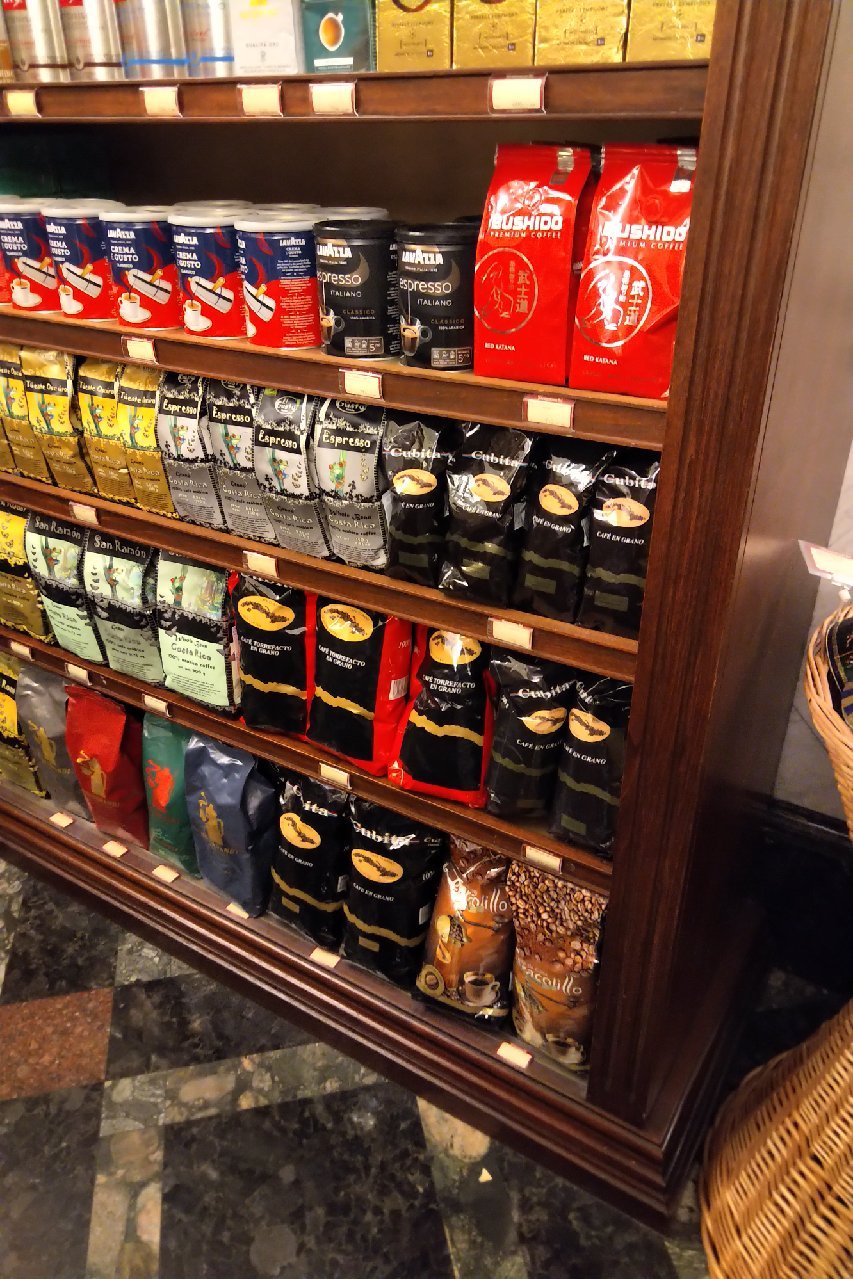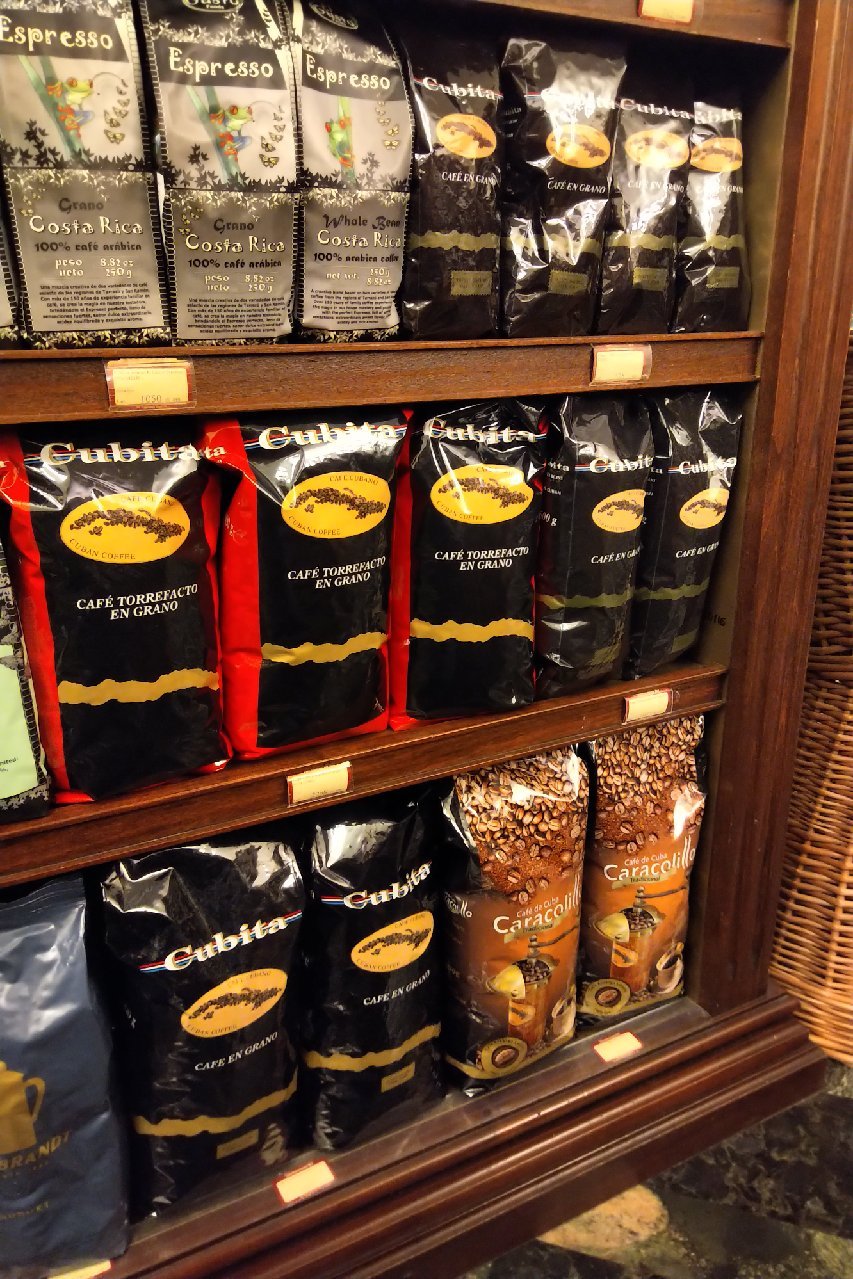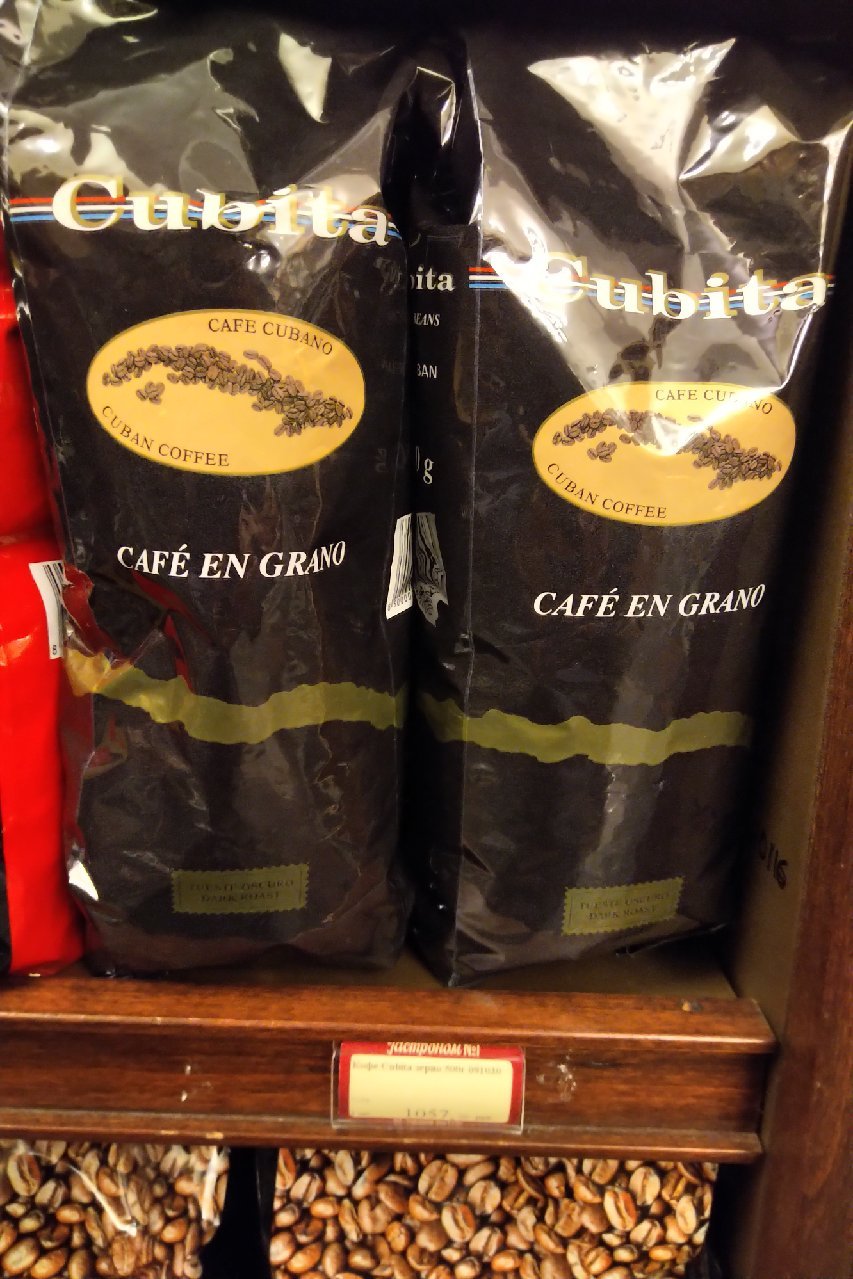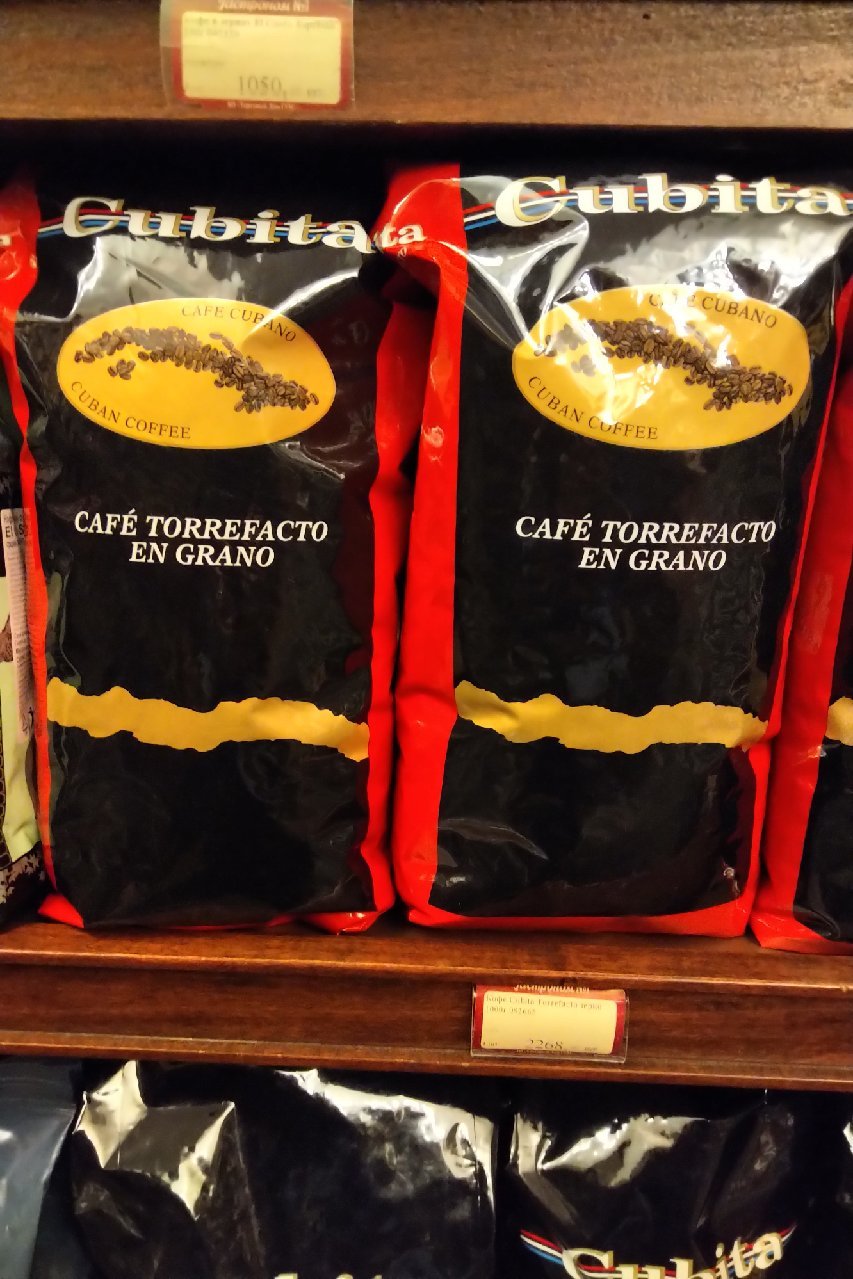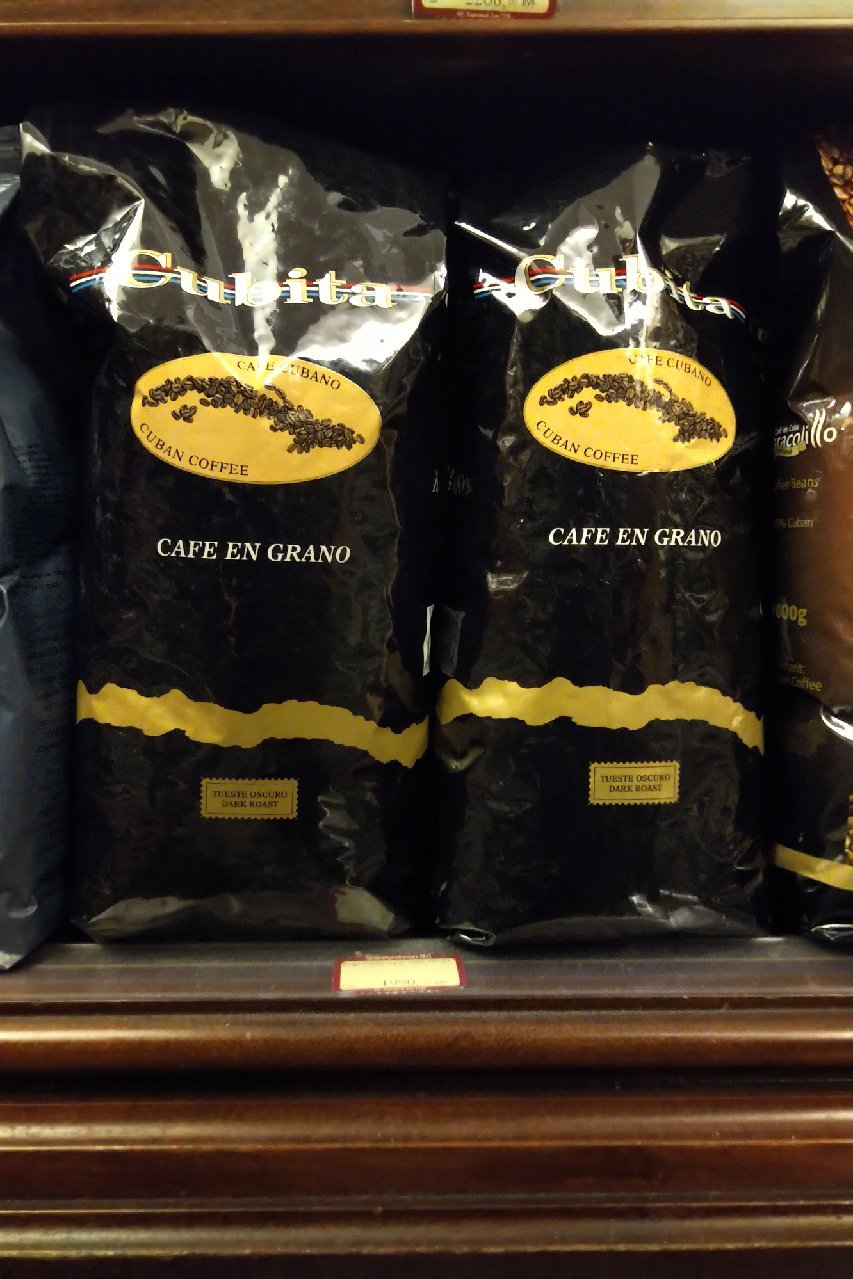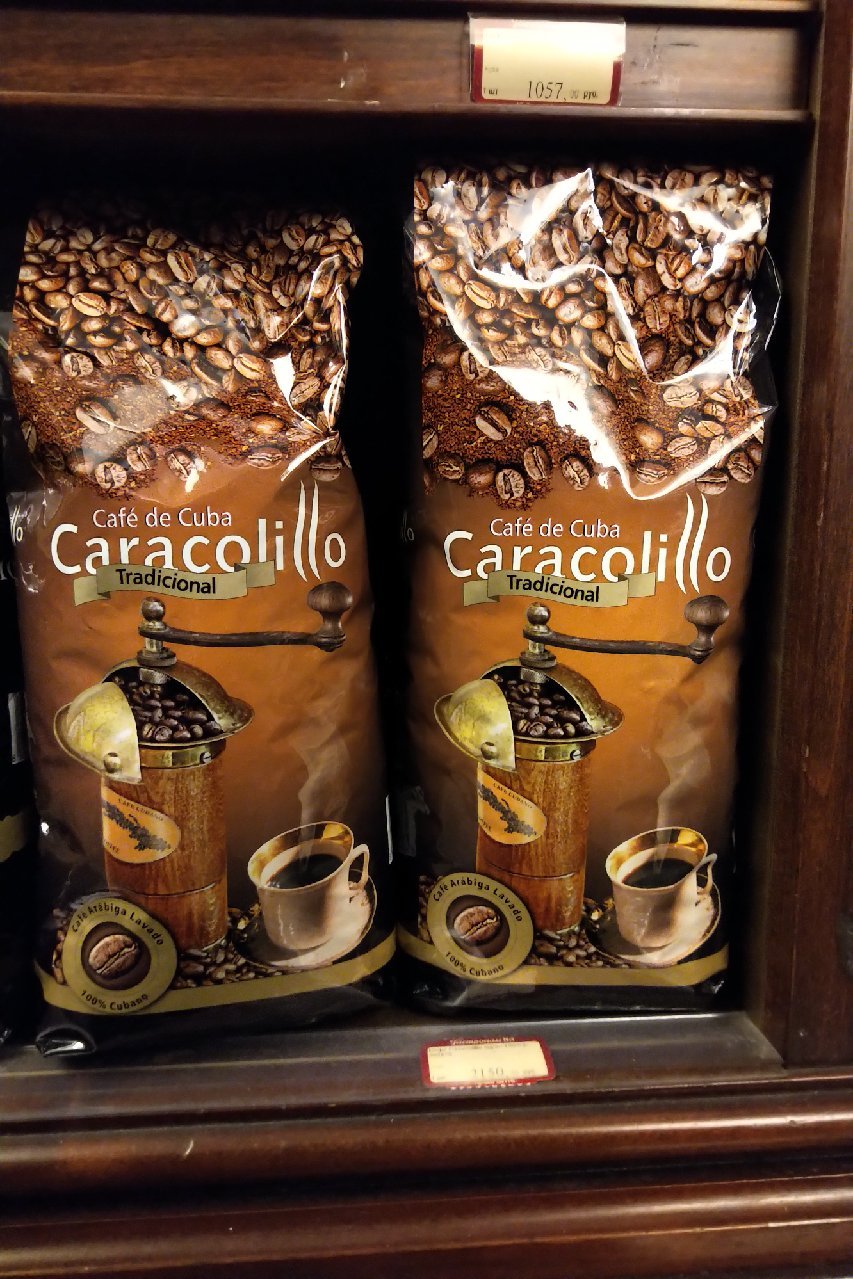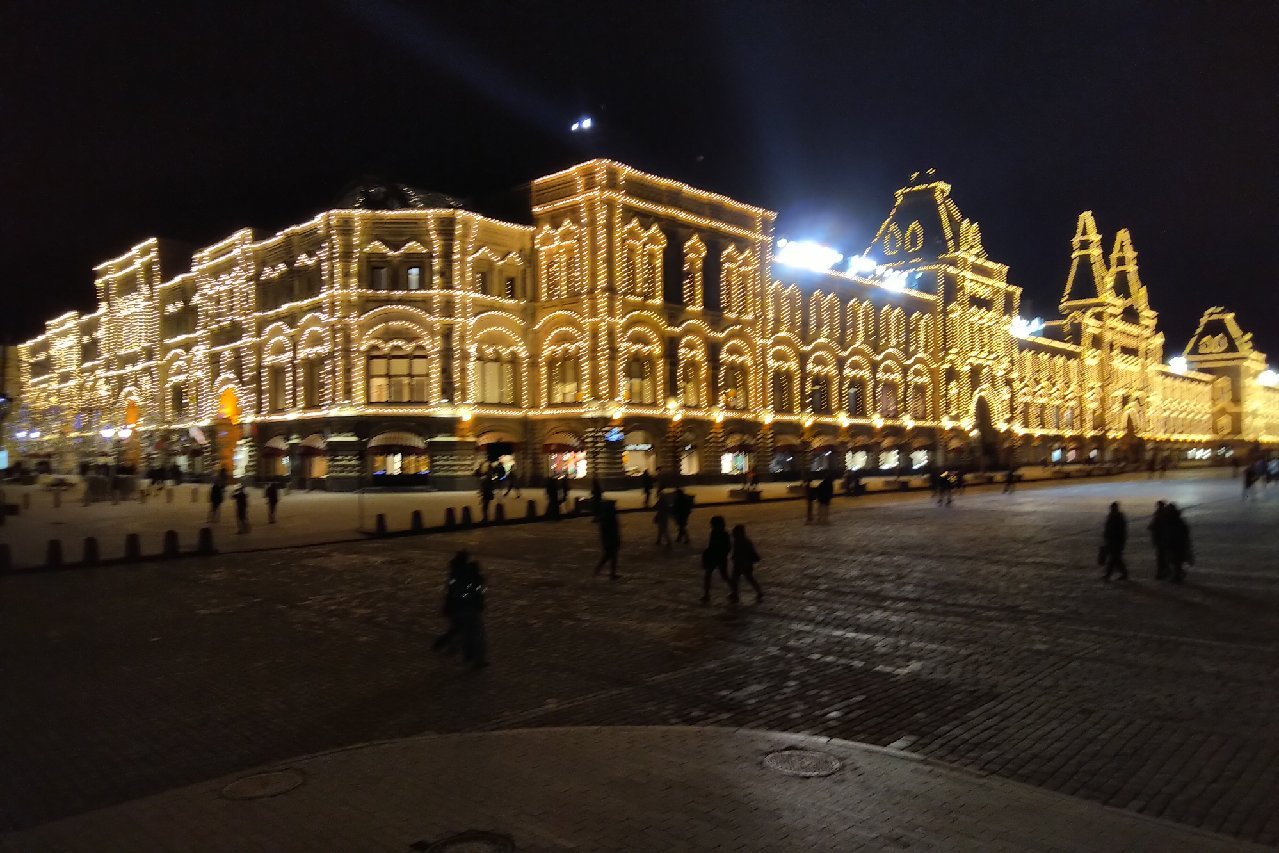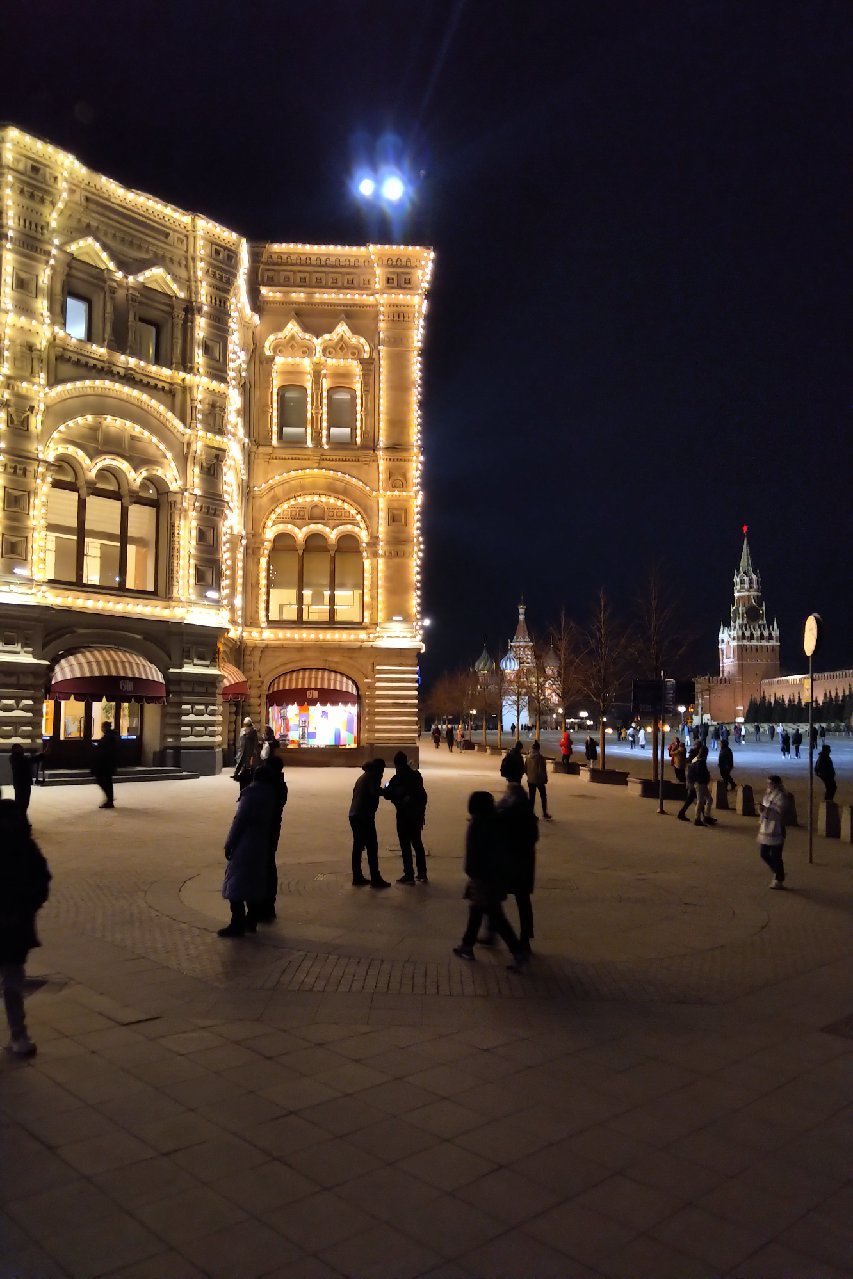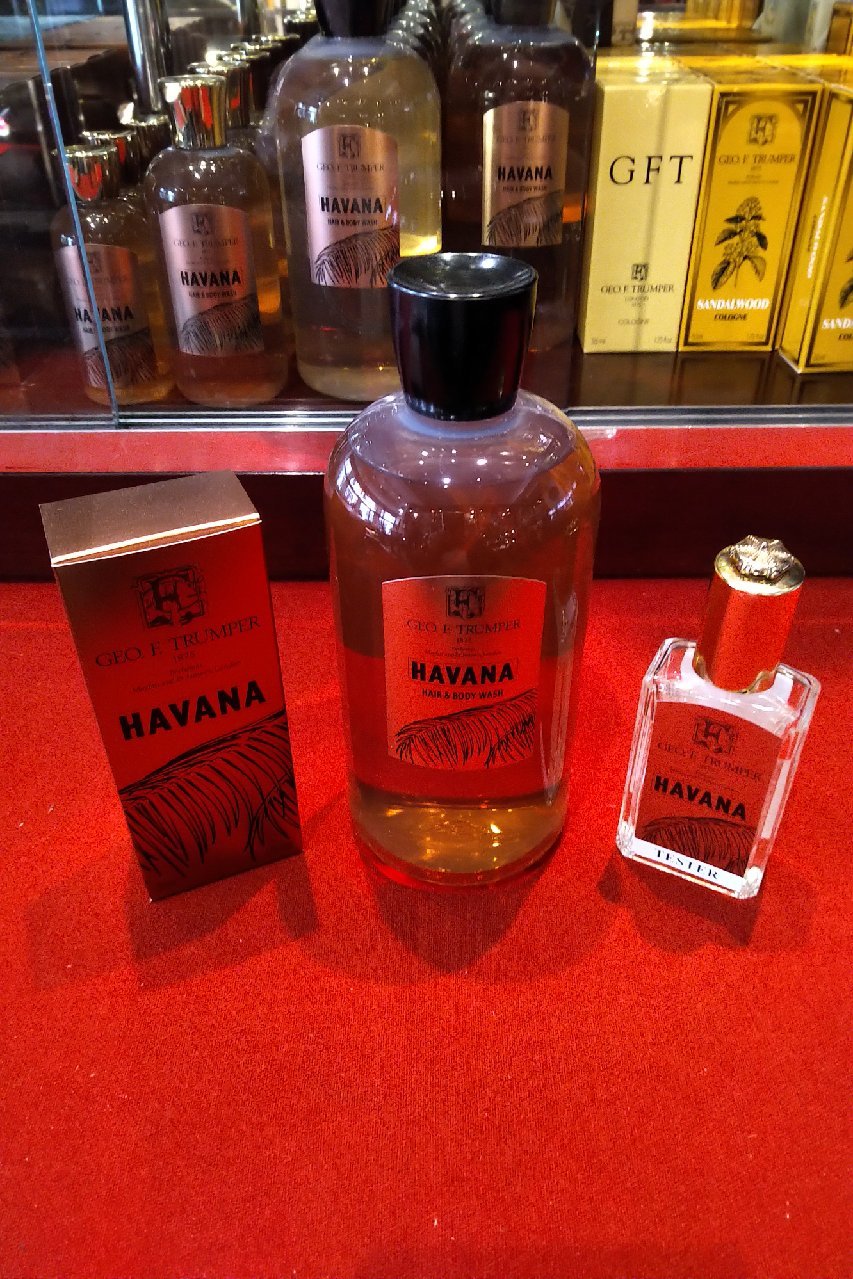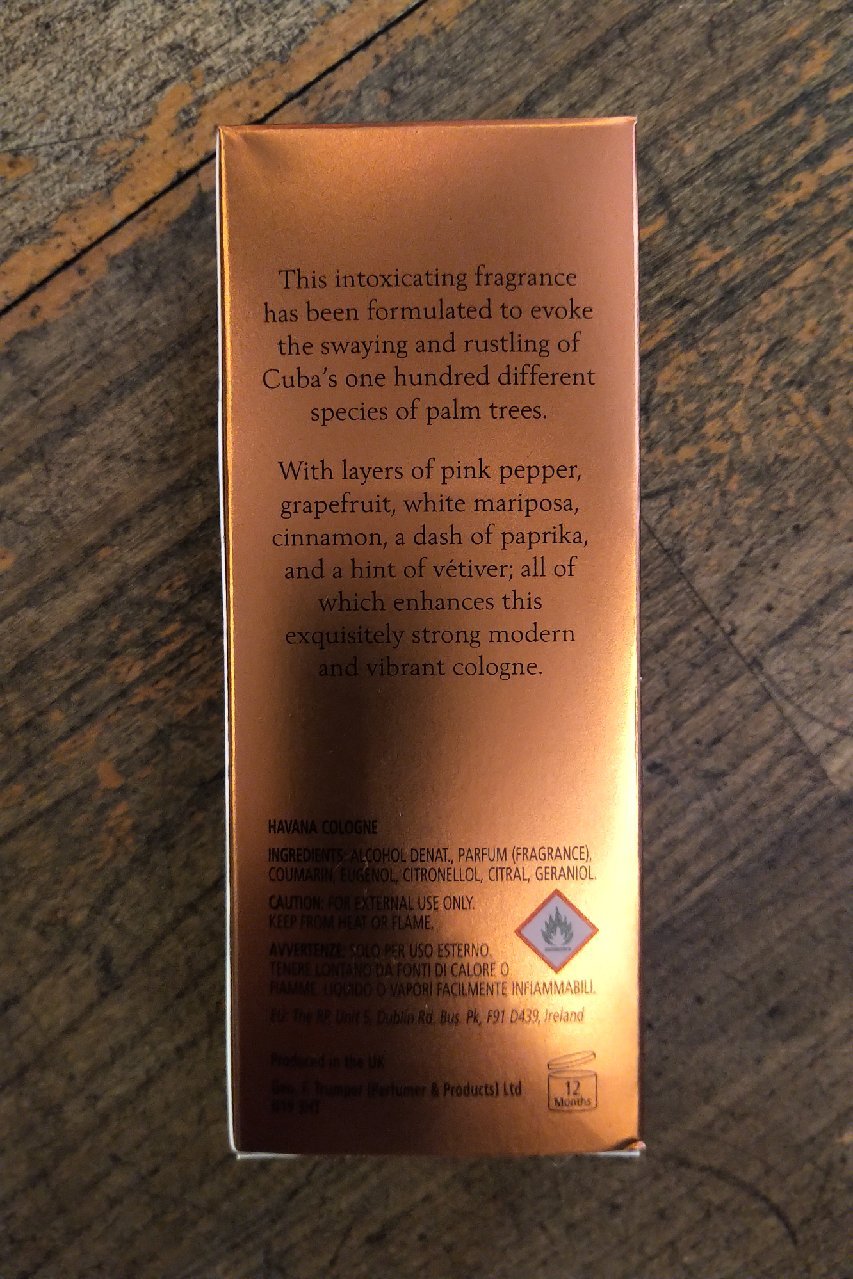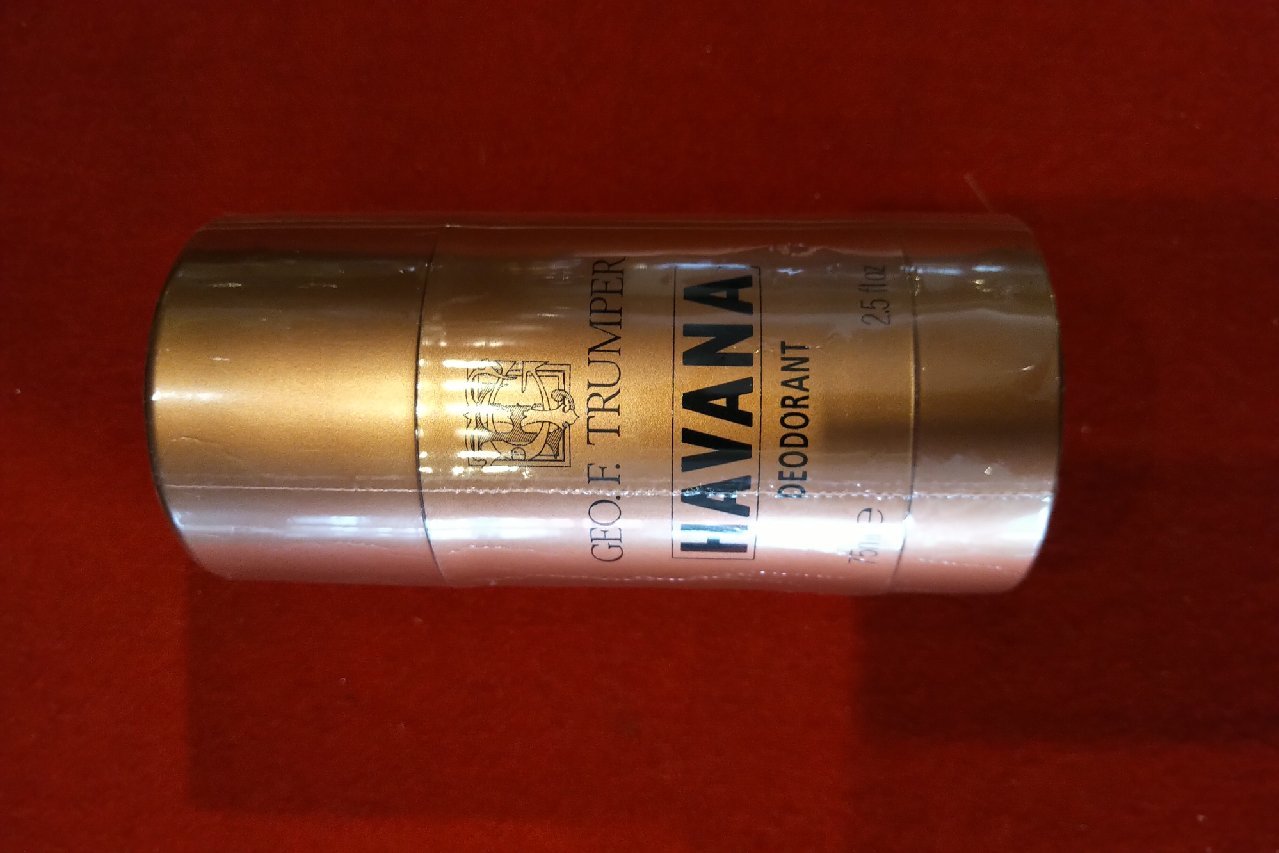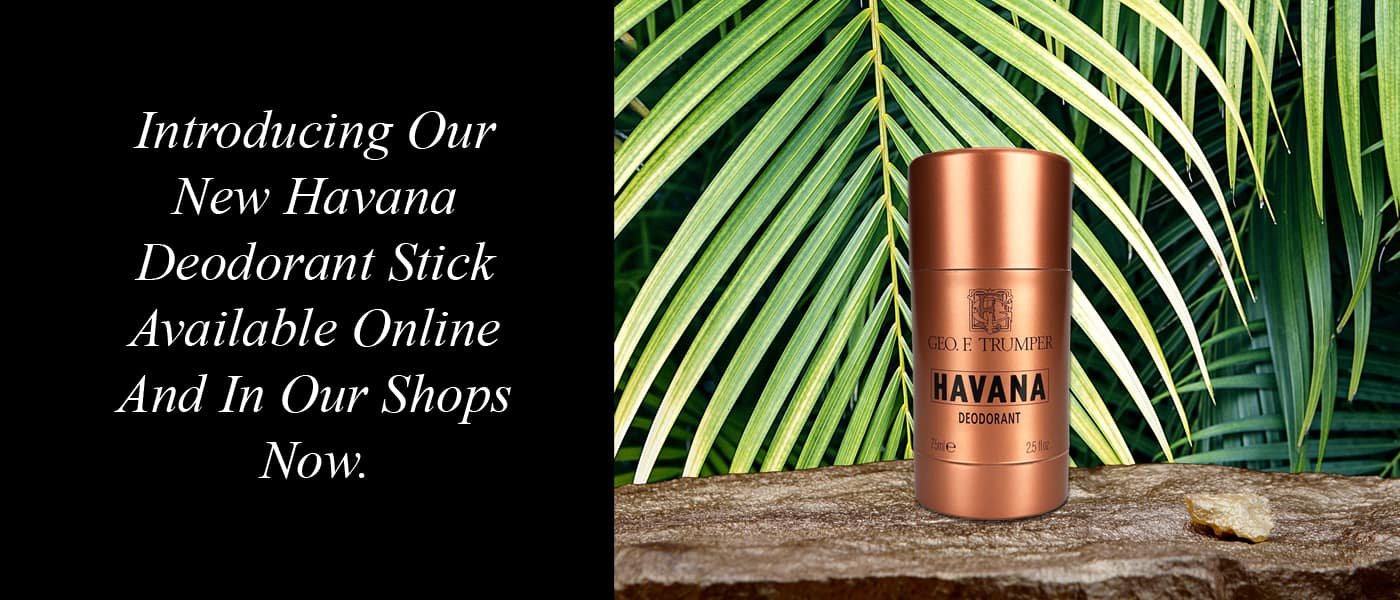Law Firms Connected To Plaintiffs/Defendants In Libertad Act Lawsuits Facing Off In Lawsuit Against PAHO For Cuban Doctor Payments In Brazil
/Ramona Matos Rodriguez, Tatiana Carballo Gomez, Fidel Cruz Rodrigue, and Russela Margarita Rivero Sarabia, plaintiffs, v. Pan American Health Organization, defendant. [1:20-cv-00928, Southern District Court- Miami Division].
Cooper & Kirk, PLLC (plaintiff)
Cuneo Gilbert & LaDuca, LLP (plaintiff)
Dubbin & Kravetz (plaintiff)
Wilmer Cutler Pickering Hale & Dorr LLP (defendant)
Judgement- 1 Page (3/29/22)
Opinion- 24 Pages (3/29/22)
Transcript Of Status Conference United States District Judge- 17 Pages (1/28/22)
Class Action Complaint- 85 Pages (11/30/2018)
Excerpt From Judgement
This cause came on to be heard on the record on appeal from the United States District Court for the District of Columbia and was argued by counsel. On consideration thereof, it is ORDERED and ADJUDGED that the District Court’s judgment denying PAHO’s motion to dismiss the 18 U.S.C. § 1589(b) claim be affirmed and the case be remanded for further proceedings, in accordance with the opinion of the court filed herein this date.
Excerpt From Opinion
Finally, we note that the United States has submitted an amicus brief affirming that, in its view, WHO Constitution Article 67(a) is not self-executing. “Respect is ordinarily due the reasonable views of the Executive Branch concerning the meaning of an international treaty.” El Al Israel Airlines, Ltd. v. Tsui Yuan Tseng, 525 U.S. 155, 168 (1999). The Executive Branch’s position reinforces our decision.
LINK: Libertad Act Lawsuit Filing Statistics
LUIS MANUEL RODRIGUEZ, MARIA TERESA RODRIGUEZ, a/k/a MARIA TERESA LANDA, ALFREDO RAMON FORNS, RAMON ALBERTO RODRIGUEZ, RAUL LORENZO RODRIGUEZ, CHRISTINA CONROY, and FRANCISCO RAMON RODRIGUEZ, Plaintiffs, v. IMPERIAL BRANDS PLC, CORPORACIÓN HABANOS, S.A., WPP PLC, YOUNG & RUBICAM LLC, and BCW LLC, a/k/a BURSON COHN & WOLFE LLC [1:20-cv-23287; Southern Florida District].
Berenthal & Associates (plaintiff)
Rodriguez Tramont & Nunez (plaintiff)
Nelson Mullins (defendant)
Allen & Overy (defendant)
Wilmer Cutler Pickering Hale and Dorr (defendant)
Broad & Cassel (defendant)
Akerman (defendant)
Trenam, Kemker, Scharf, Barkin, Frye, O’Neill & Mullis (defendant)
Rabinowitz, Boudin, Standard, Krinsky & Lieberman (defendant)
Strook & Strook & Lavan (defendant)
ROBERT M. GLEN VS. TRIPADVISOR LLC, TRIPADVISOR, INC., ORBITZ, LLC, TRIP NETWORK, INC. D/B/A CHEAPTICKETS, KAYAK SOFTWARE CORPORATION, BOOKING HOLDINGS, INC., EXPEDIA, INC., EXPEDIA GROUP, INC., HOTELS.COM, L.P., HOTELS.COM GP, LLC, and TRAVELSCAPE LLC D/B/A TRAVELOCITY [2:19-cv-01683; Nevada District] On 16 December 2019, plaintiff requested dismissal without prejudice, which was granted; action consolidated with 1:19-cv-01809 in Delaware District.
Rice Reuther Sullivan & Carroll, LLC (plaintiff)
Reid Collins & Tsai LLP (plaintiff)
Andrews & Springer LLC (plaintiff)
Walden Macht & Haran (defendant- Trip Advisor)
Potter Anderson & Corroon, LLP (defendant- Trip Advisor)
Scott Douglass McConnico (defendant- Expedia)
Morris, Nichols, Arsht & Tunnell LLP (defendant- Booking)
Dubbin & Kravetz (amicus)
Baker McKenzie (defendant- Booking)
Ballard Spahr LLP (defendant- Expedia)
Morris James LLP (defendant- Booking)
Duane Morris LLP (defendant- Booking)
Cooch and Taylor, P.A. (amicus)
Reuters Americas
London, United Kingdom
31 March 2022
(Reuters) - The Pan American Health Organization (PAHO), an international body that promotes health initiatives in the Americas, must face a lawsuit by Cuban doctors accusing it of helping arrange a program in which they were compelled to work in Brazil against their will, violating human trafficking laws.
A unanimous three-judge panel of the U.S. Circuit Court of Appeals for the D.C. Circuit ruled Tuesday that PAHO's status as an international organization did not make it immune from the lawsuit because the doctors had accused it of financial misconduct within the United States. Samuel Dubbin of Dubbin & Kravetz, a lawyer for the doctors, said in a statement that PAHO "will finally be held accountable for profiting more than $75 million off the backs of thousands of Cuban professionals."
PAHO could not immediately be reached for comment.
The case, brought by four doctors in 2018 in the Southern District of Florida and transferred in 2020 to Washington, D.C., district court, centers on the so-called Mais Medicos program, in which Cuba in 2012 agreed to send doctors to work in Brazil, which would pay for their services, using PAHO as an intermediary. The Cuban government received 85% of the money paid by Brazil, with just 10% going to the doctors and 5% retained by PAHO as a fee. The funds passed through PAHO's U.S.-based bank account.
The doctors in their lawsuit said that they had escaped from the program to the United States. They alleged they were forced to work under the threat of punishment by their government and paid far less than the value of their work. They are seeking to represent a class of similarly situated doctors in the program. The doctors said that PAHO violated the Trafficking Victims Protection Act by facilitating the program. PAHO moved to dismiss the lawsuit, citing a U.S. law that gives international organizations the same immunity from being sued as foreign governments under the Foreign Sovereign Immunities Act.
U.S. District Judge James Boasberg agreed that claims related to PAHO's activities outside the United States were barred, and dismissed them. However, he said claims could proceed based on PAHO's financial activity because the FSIA does not apply when an action "is based upon a commercial activity carried on in the United States."
On appeal, PAHO argued that the doctors' action was not "based upon" the financial transactions in the United States, but rather on foreign conduct. In Tuesday's opinion penned by U.S. Circuit Judge Karen Henderson, the D.C. Circuit said that the financial transactions, allegedly made in furtherance of trafficking, could stand on their own as a cause of action. Circuit Judges David Tatel and Cornelia Pillard joined in the opinion.
















